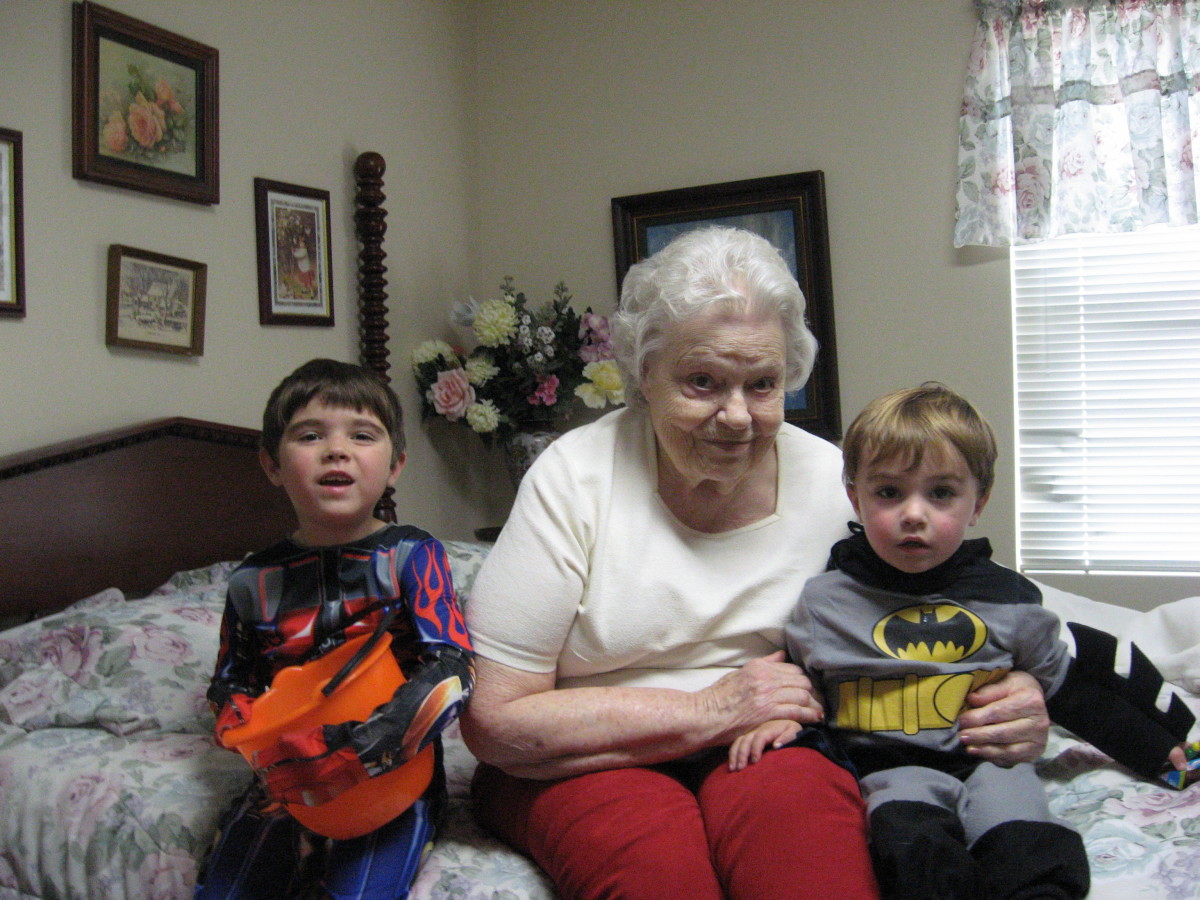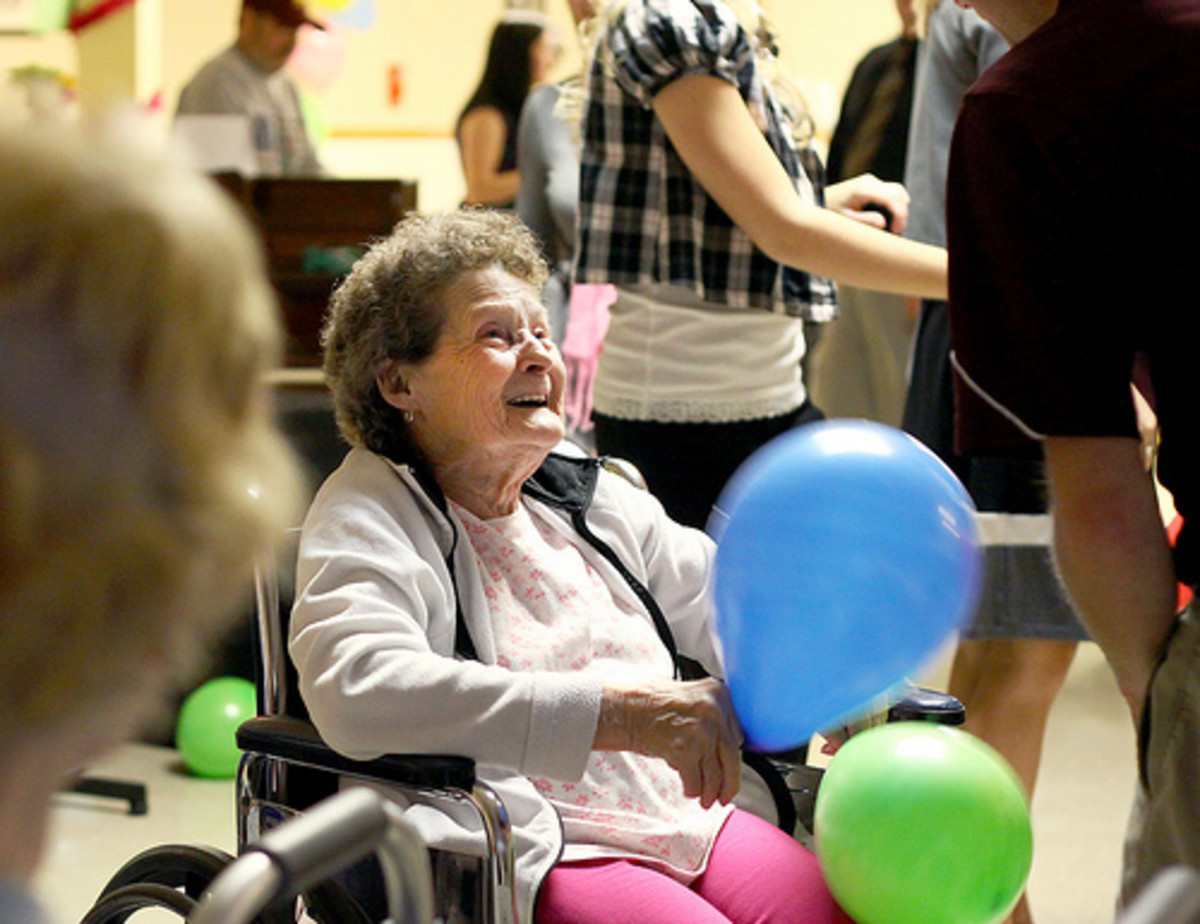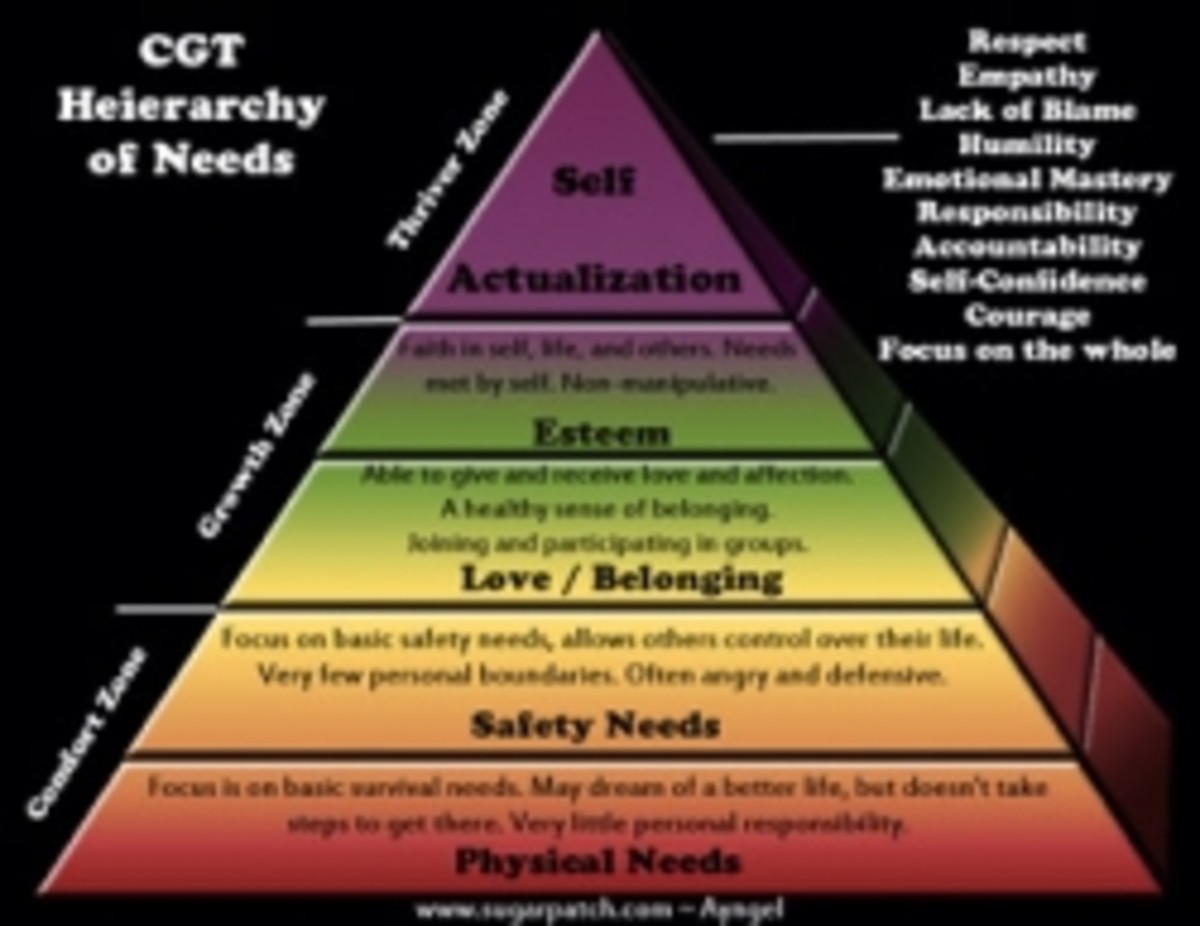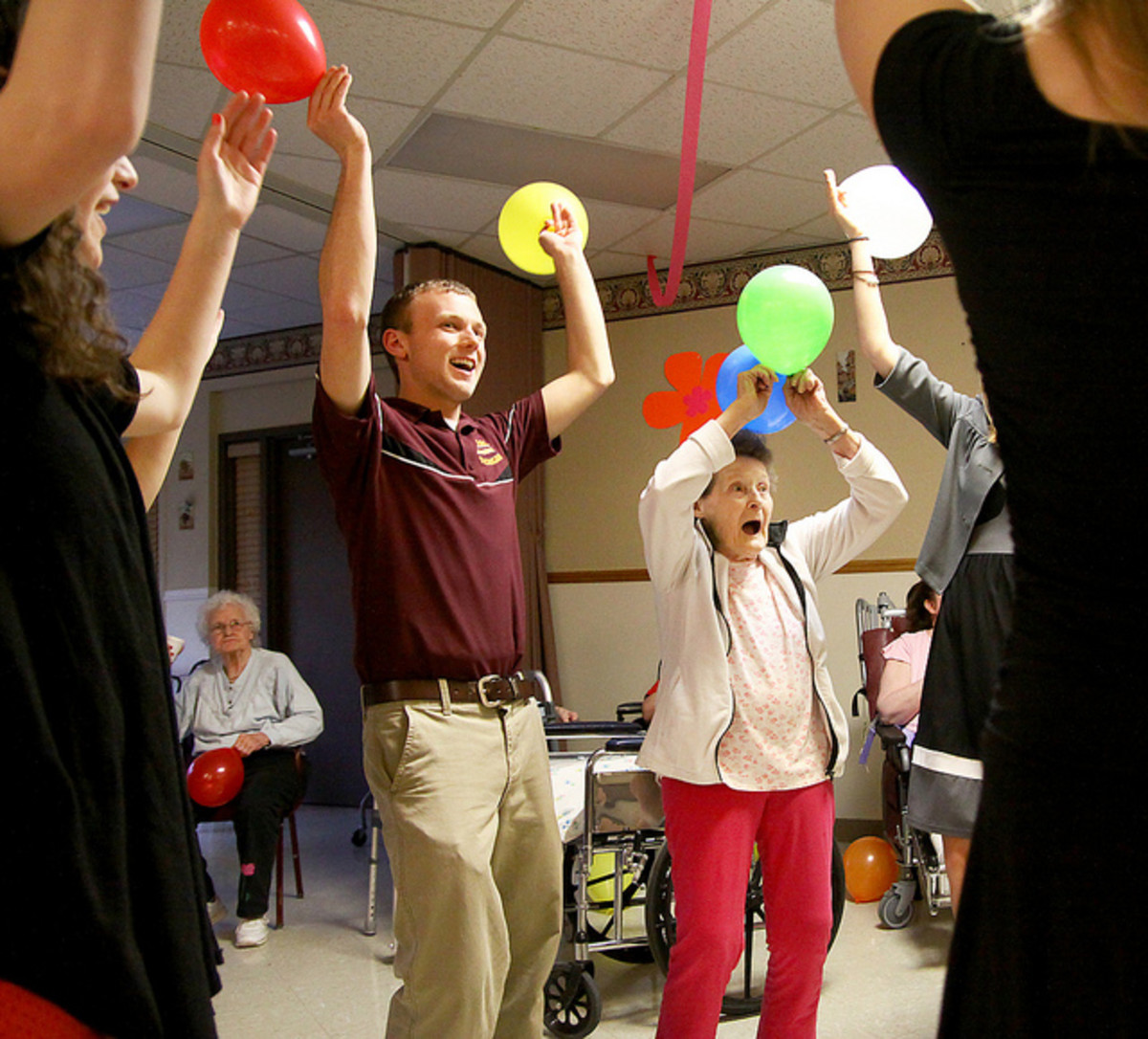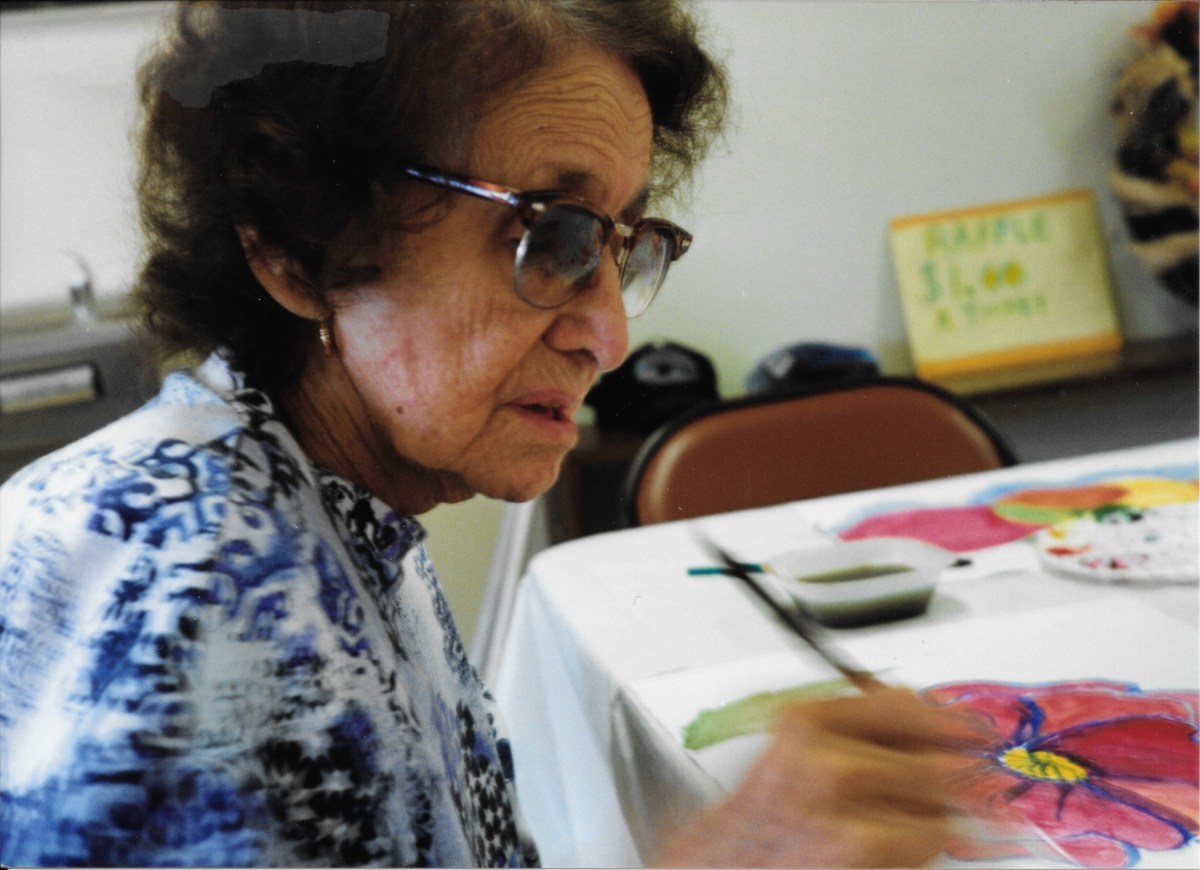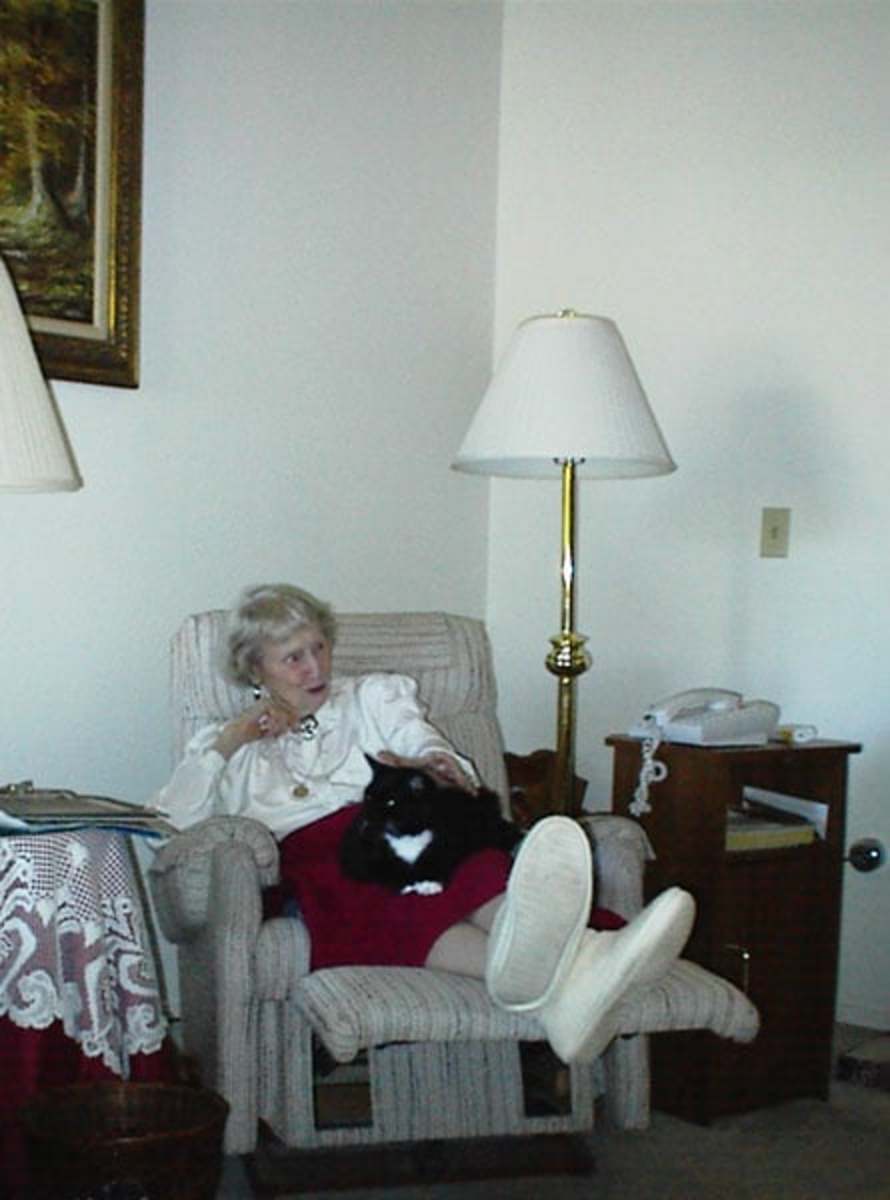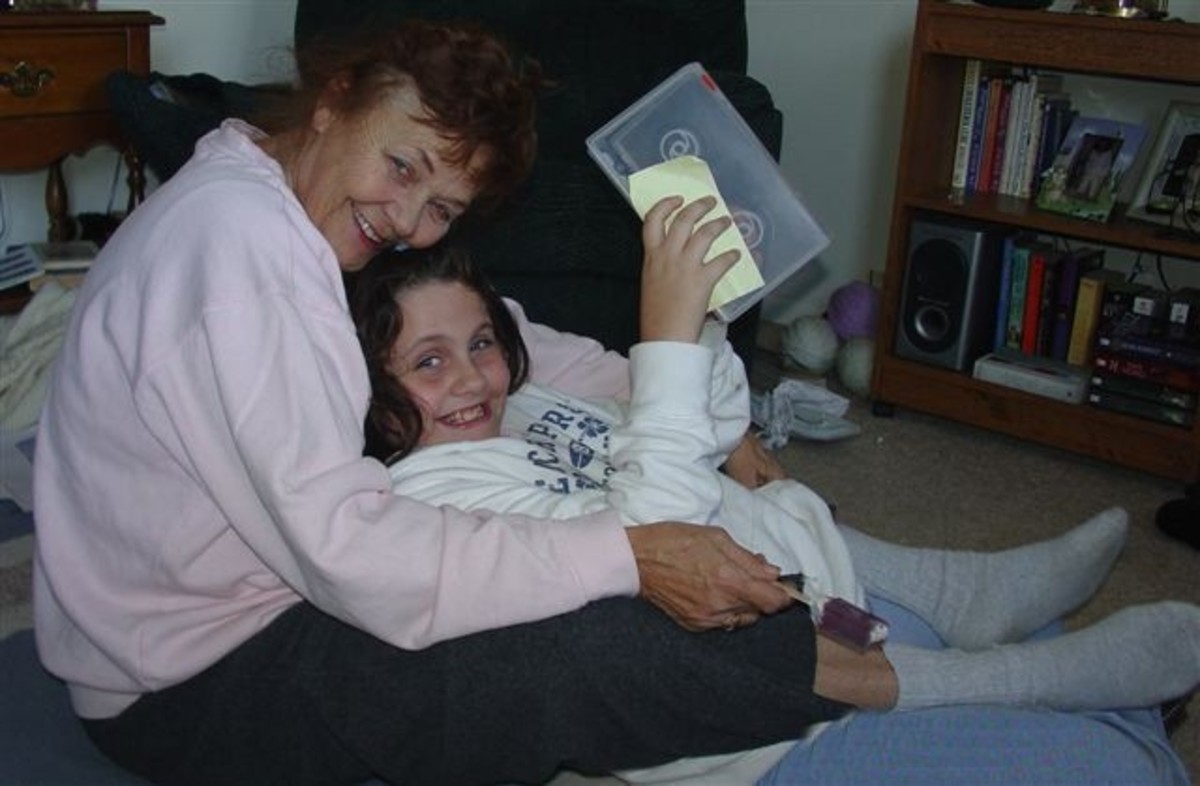Nursing Home Abuse and Neglect
nursing home abuse - neglect
Nursing home abuse and nursing home neglect are all too common in today's society. The average life span has increased, and today there's a huge population of senior citizens. Many of these seniors cannot live alone, so they end up in nursing homes. Unfortunately, elderly abuse runs rampant in some of these facilities.
When the time comes for a nursing home
The time will come for most of us when he have to face the fact that our parents or other elderly loved ones can no longer live alone. Maybe you’ve even considered moving in with him, or having him move in with you and your family. This is a viable solution if the person can safely remain alone while you're at work, or if you're home all day. If the person needs constant supervision, however, you or some other responsible adult will have to be on duty 24 hours a day. If the person in question needs more care or time than you can give, however, your options are relatively few. You’ll probably have to move the patient into a nursing home.
When you place a loved one in a nursing home, you expect the caretakers there to act in a professional, caring manner. You are handing over the responsibility of taking the best care possible of your precious loved one. You can’t be there 24-7 because of work and family responsibilities, so you entrust this lofty responsibility to the nursing home staff. You don't expect elderly abuse.
Nursing home abuse and neglect
Many nursing homes in the US give excellent care. Most of the staff members are genuinely concerned with the well being of their patients, and most directors stay on top of things. Unfortunately, this is not always the case in every nursing home. Thousands of elderly patients suffer nursing home neglect and even nursing home abuse at facilities across the country.
Nursing home abuse
Nursing home abuse includes physical abuse, verbal abuse, and other forms of threats and intimidation. It could also include the improper use of restraints or the use or overuse of certain drugs.
Physical forms of nursing home abuse might include rough handling of the patient, slapping, or inflicting physical pain in some other way. Overusing drugs to keep the patient sedated for long, unhealthy periods of time is another form of nursing home abuse. Some facilities do this in order to make patients easier to care for. A semi-comatose patient kames no demands and asks for nothing, making the staff's job duties lighter.This kind of nursing home abuse might seem unfathomable, but it does happen in rare instances.
Verbal nursing home abuse might include the staff's insulting a patient, yelling at a patient, or trying to scare or intimidate a patient. Words can hurt, and verbal nursing home abuse can be just as harmful as physical nursing home abuse.
Nursing home neglect
Nursing home neglect is usually harder to spot than nursing home abuse because it's more covert and the evidence isn't usually as obvious. The long term effects of nursing home negligence, however, can be just as devastating.
Neglect might be in the form of an improper or inadequate diet, irregular administration of prescription drugs, or uncleanliness. Neglect could also result in bedsores and infections.
Every patient should receive adequate nutrition every day. Since many elders cannot eat much at one time, small frequent meals should be offered. While you can't expect the facility to be a five-star restaurant, you can and should expect the meals to be palatable. Diet restrictions should also be followed - for example, low-sodium, low-fat, or low-sugar diets for those who need them in order to remain healthy. Substitutions should also be considered. For example, if the patient hates fish and that's what's being served, the staff should make the patient something else, even if it's just a cold sandwich.
Reasons for nursing home abuse - neglect
One of the problems is that most of the direct caregivers are low-paid employees with little education and training. These jobs are very demanding, and add that to the low pay, and they equal a big turnover in employees. That means that some or most of the employees in any given nursing home could be very inexperienced, which, of course, creates a problem in itself and sometimes leads to elder abuse or neglect.
Another problem might be with the nursing home director. She may be well educated, experienced, and caring, but she’s more than likely spread too thin. She has too many patients and too many employees to directly oversee effectively. She can’t be everywhere at all times, so it’s pretty easy for nursing home neglect and abuse to occur.
My daughter was a nurse for a while in a nursing home. She was shocked at some of the attitudes the other nurses had about their patients. One elderly lady smelled bad because of her illness, and the nurses didn't want to bathe or handle her in any way. In fact, they dreaded going into her room at all and would put it off as long as they could. My daughter volunteered to take care of the woman. But what happened to the patient after my daughter left for the day? My daughter has moved on to a better job, and she still worries about this old lady. What kind of care is she receiving now? Is she experiencing nursing home abuse-neglect?
How to identify nursing home abuse - neglect
But wouldn’t your loved one tell you if he’s being mistreated? Not always. For example, a patient with Alzheimer’s or dementia might not realize or remember that they have been treated badly. Or they might have trouble explaining it to you. They could also be afraid to say anything negative about their caretakers. After all, as soon as you leave, they are totally at the mercy of the nursing home staff. Also, many older people don’t like to complain because they don’t want to be a burden, so they suffer in silence. This especially true in the case of nursing home negligence. It also happens with nursing home abuse.
It’s up to you to make sure your loved one is being treated well in the nursing home. How? Make plenty of unannounced visits, at different times and on different days of the week. If your patient is mostly bed-ridden, look for bedsores. These are often evidence that he’s not being turned or moved enough. If he has any dressings or bandages, check them to make sure they’re clean and fresh. The patient should also be clean and be wearing clean clothing. The nursing home should keep regular records of the patient’s vitals, which may include blood pressure readings, blood sugar levels, weight, and when drugs were administered. Ask to see these records from time to time to make sure everything is being done appropriately. These are very important in identifying nursing home abuse and nursing home negligence.
If the patient is losing weight for no apparent reason, this could be a sign of nursing home negligence. It might be that his diet is not adequate, or that he's being offered only foods he doesn't like. It might also be because the patient has trouble feeding himself, in which case a staff member should be assisting him. If he's not getting this type of help, it's nursing home negligence.
It's also a good idea to check the patient out of the facility occasionally, if possible. This can be for something as simple as a short drive. It will give you a chance to talk to him in private about nursing home abuse-neglect, in a non-threatening venue.
Nursing home law
Every patient in a nursing home is guaranteed good treatment and care in a Patient’s Bill of Rights, which is a big part of nursing home law. If you suspect that your loved one has been or is being neglected or abused, seek help immediately. There are a number of experts, attorneys, and foundations that specialize in this area. Don’t take any chances. If you just moved your loved one to a different facility without speaking out, the staff or staff member will continue to abuse other helpless patients. You'll be doing them a favor by speaking out and helping to put an end to nursing home abuse and neglect!
Search among nursing home neglect attorneys and find an experienced elder abuse lawyer who specializes in nursing home law. He'll know exactly what signs to look for to discover whether your loved one has been taken care of properly. If evidence indicates neglect or abuse, the nursing home will be held accountable, and you could be saving countless other patients from nursing home abuse and neglect.
A nursing home neglect attorney and elder abuse lawyers have vast amounts of experience in dealing with careless and abusive nursing homes and in guaranteeing the rights of elderly patients and enforcing nursing home law. They know all the ins and outs of your state's laws and can make sure that nursing homes adhere to the proper guidelines and that no nursing home abuse-neglect ever occurs. Elderly abuse should never be ignored!
Don't be afraid to speak out! Contact an elder abuse lawyer or a nursing home neglect attorney and let them know your situation. He will guide you through thte entire process and ensure that others do not fall victim to callous and inadequate care.
Read more about health:
- Adult Care Choices
Adult care and eldercare are growing problems in the United States today. In general, people are living longer, and when they get to the point that they can no longer live alone, they often have to leave... - Improving Fertility without Drugs: 25 Tips
Fertility rates in the US have sharply declined over the last few decades. Thousands of couples today have trouble conceiving. Doctors are not completely sure what has caused the decline, but several... - How to Prevent, Treat, or Delay Alzheimer's Disease
Alzheimers disease. Just the mention of the word is scary. And the condition is devastating. It robs victims of their mental functions and can even erase precious memories. It can totally change the... - Alzheimer's Foundation
Mom's last Thanksgiving. I've seen Alzheimer's disease. I know it well, though I certainly do not consider it a friend. I watched as it took my grandmother. Its voracious appetite was not sated, however,...
